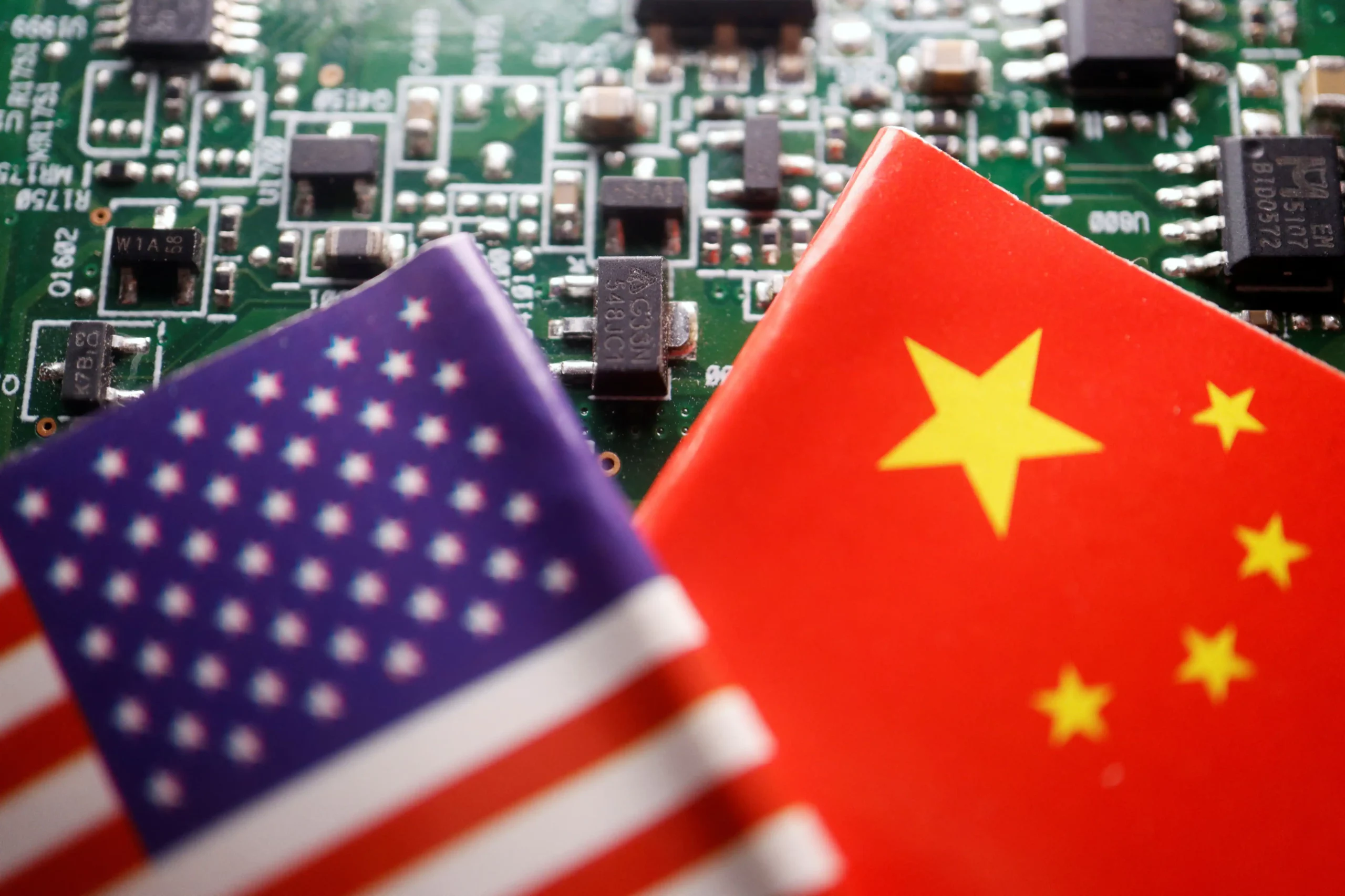In a surprising and significant policy shift, India has introduced restrictions on the import of computers, laptops, tablets, and other electronic devices. The move aims to bolster domestic manufacturing efforts, aligning with Prime Minister Narendra Modi’s “Make in India” campaign. While the Ministry of Commerce and Industry did not provide specific reasons for the policy change, the decision falls in line with India’s broader strategy to stimulate local manufacturing and job creation.
New Import Requirements
Under the new regulations, importers are now required to obtain licenses before bringing computers and electronic devices into the country. Previously, the import of such items was unrestricted, allowing products to enter the market without additional approvals. This improvement follows a comparable limit imposed on clever TV imports in 2020.
“Make in India” Campaign
Prime Minister Modi’s “Make in India” initiative emphasizes the importance of local manufacturing for economic growth and job creation. By limiting imports of electronic devices, India seeks to encourage the establishment of domestic manufacturing facilities. The country’s young and sizable workforce makes it an attractive destination for global companies aiming to diversify their supply chains away from China.
Growing Electronic Imports
India’s electronic imports have been steadily increasing, with the April to June period of the current year seeing a 6.25% upward thrust in comparison to the equal duration withinside the preceding year. This trend highlights the need for India to curb excessive reliance on imported electronics and enhance its domestic manufacturing capabilities.
Impact on Tech Giants
Prominent tech companies like Apple and Samsung, which are major players in the Indian laptop market, will likely be impacted by these restrictions. However, as of now, these companies have not provided official responses to the new regulations. Apple has already been making efforts to manufacture a portion of its products within India, aligning with the country’s manufacturing goals.
Future Prospects
India’s focus on local manufacturing comes at a crucial juncture, as global companies seek alternatives to China for their manufacturing needs. The country’s ambition to become a significant manufacturing hub is drive by its large, young population and the potential to attract foreign investment. The presence of companies like Micron and Foxconn, who are expanding their manufacturing operations in India, further underscores the country’s potential as a manufacturing destination.
Conclusion: Navigating the Path Ahead
India’s decision to impose import restrictions on computers and laptops reflects its determination to build a self-reliant manufacturing ecosystem. By incentivizing local production, the government aims to create jobs, enhance economic resilience, and reduce dependency on imported electronics. As India navigates this path, the global tech industry will keenly observe how these measures shape the country’s manufacturing landscape and contribute to its growth story.


